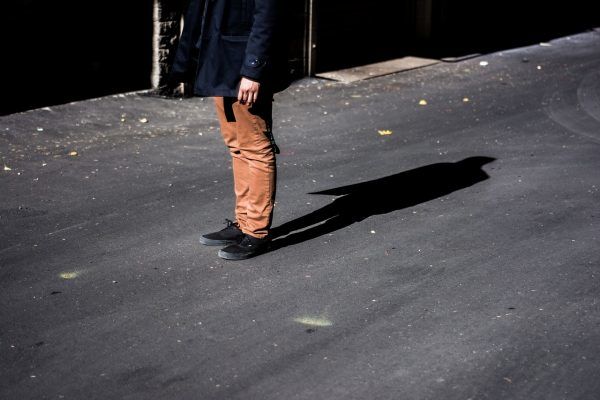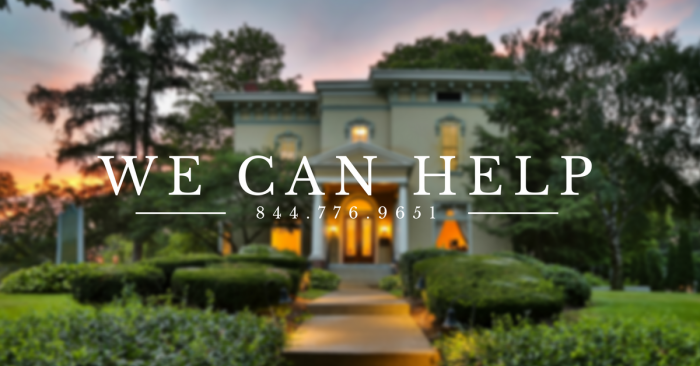Why Did You Choose Alcohol and/or Drugs Over Me?

It’s seven o’clock and the school play is starting. Or it’s your birthday dinner with all the relatives. You could be sitting awkwardly with your boss at an introductory lunch, or waiting at the agreed upon spot for a morning walk. Whatever the commitment, you are looking at your watch with your heart in your throat, hoping for the best but expecting the worst. Because, you know your loved one is either going to:
- be late for the important date
- arrive smelling like their drug of choice, rumpled and hungover
- turn up under the influence (and you know that always ends badly)
- text at the last minute with a “good” excuse
- or not show up at all.
You’ve been through this before…
Because, your loved one is in active addiction and you cannot trust them to “do the right thing.” Even when they know how important the occasion is to you and your family. And even though you have Googled and read and researched as much as you can on the subject of addiction, the situation is getting to the point where you are not feeling very understanding or forgiving anymore.
As you find yourself in another embarrassing circumstance, it feels like a personal slight. Like your husband, wife, child, parent, friend, lover or colleague has chosen alcohol and/or drugs over you. Over the family and the job and the life you used to have. You cannot help but think, How could they do this to me? They know better! They are breaking my heart…

It’s not about you…
It is understandable to think that way, but with all due empathy and respect, this is not about you. Addiction has hijacked your loved one’s brain and that bottle of vodka is calling the shots (pun intended). Substance use disorder (SUD) is a chronic disease of the brain that controls reward, motivation, memory and related circuitry. Addiction is not a hobby, not a choice, but an all encompassing blight.
And in the later stages of the disease, there is no room for you and the addiction. Because, the brain chemistry is altered and the “reward” of the addictive substance becomes heightened. It makes your loved one chase the pleasure/reward when they don’t have it. While you wait and wonder, they are looking for the next “fix”. It also makes the things that used to matter to them, the small pleasures like a child’s choral performance, less pleasurable.
The brain has been overpowered by addiction and its need for the chemical release of dopamine that only alcohol or other drugs can bring. The executive functions of the brain are also altered. So, adding insult to injury, your loved one may not seem to care that they are hurting your child’s feelings or impacting your career.
But it’s the disease, not the behavior. The fact is, the addicted brain is monomaniacal – driven by the need to feed the addiction.
Sanford House founder and addiction counselor, Rae Green says, “The ‘thinking’ portion of the addict or alcoholic brain tells the person to be on time, don’t miss the meeting, pick up the kids from school. But the hard-wiring of the ‘sick’ brain overrides those thoughts. Promises are made with the best of intentions, but can’t be kept because of the automatic recall and compulsion to use. And that compulsion to use is an irrational craving.”
Nobody’s having fun here…
It’s tempting to think of addiction as an “affair” that redirects love and attention – seductive and exclusive. And if you spend a lot of time waiting, arguing, crying or making excuses for your loved one’s drinking or using behavior, it is natural to feel “left out”. Maybe even to think they are choosing to use because it’s impulsive and “fun”. But no one is having a good time here.
In their new definition of “addiction”, The American Society of Addiction Medicine (ASAM) says, “When people see compulsive and damaging behaviors in friends or family members—or public figures such as celebrities or politicians—they often focus only on the substance use or behaviors as the problem. However, these outward behaviors are actually manifestations of an underlying disease that involves various areas of the brain.”
And past president of ASAM, Dr. Michael Miller adds, “At its core, addiction isn’t just a social problem or a moral problem or a criminal problem. It’s a brain problem whose behaviors manifest in all these other areas. Many behaviors driven by addiction are real problems and sometimes criminal acts. But the disease is about brains, not drugs. It’s about underlying neurology, not outward actions.”

Education is the key…
Quite simply, addiction is a “family” disease. And it will continue to affect the whole family. It is often the case, that as you try to help your loved one control their substance use, you begin to lose control over your own behavior. There is genuine anger and hurt feelings when experiencing another disappointment. The lives of everyone involved become unmanageable.
As the cycle of social, moral and even criminal behavior continues, education is the key to addressing the problems inherent in substance use disorders. Education is also key to getting help, and later, mending relationships that have been negatively impacted by active addiction.
It is said “it takes a village,” and that proverb applies to substance use disorders as well. A confluence of well educated family, friends, addiction professionals and peer support groups provide the best recourse for long term recovery from the disease of addiction.
Yes, it’s worth it…
And when you are sitting at that choral performance with your loved one – on time and present – the way they used to be, you can’t help but think. “Yes. It was worth it… They are back – the person I remembered is back...”



